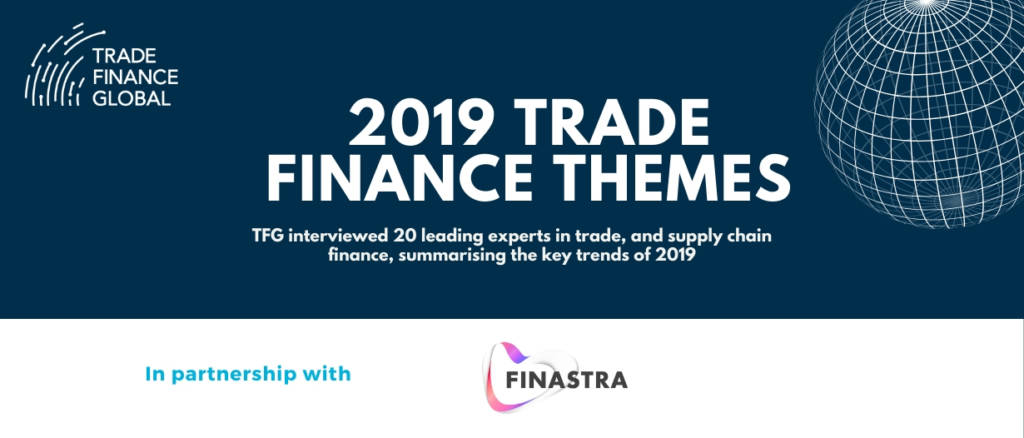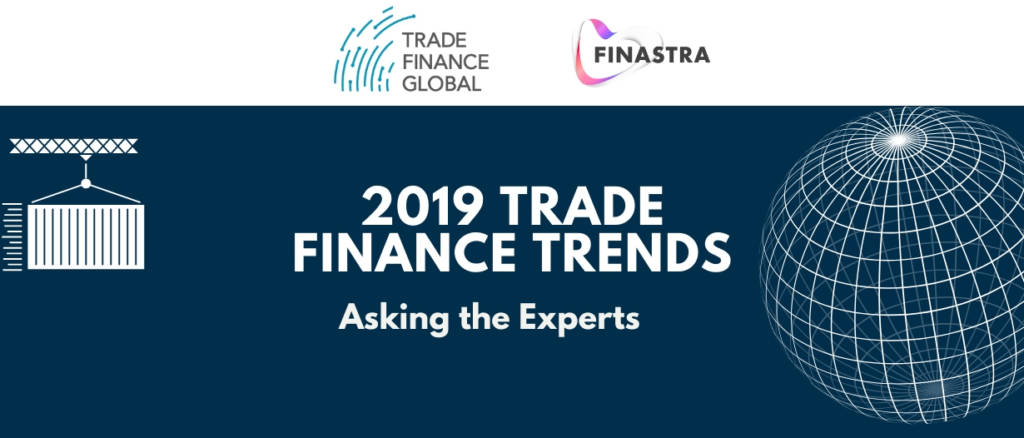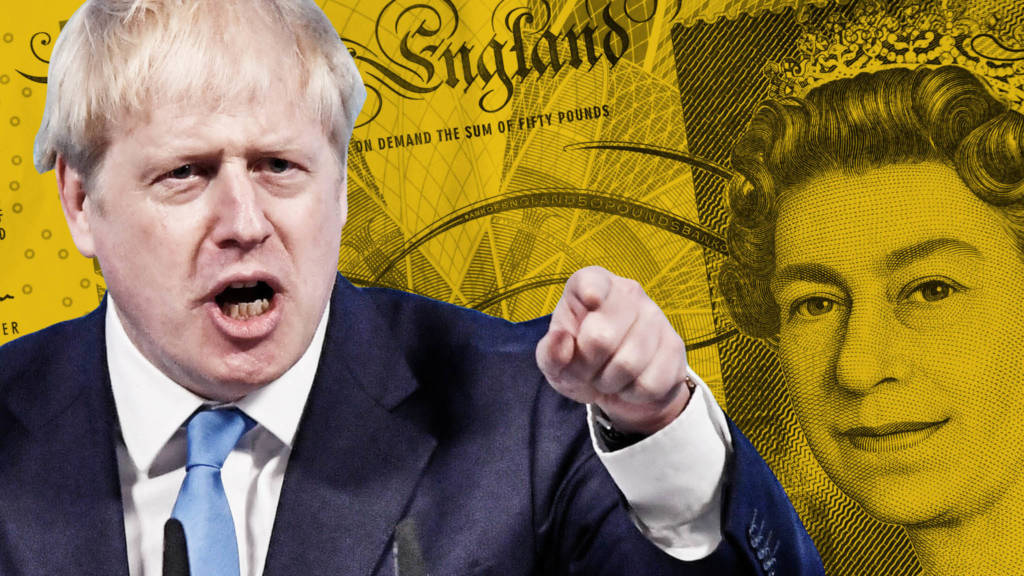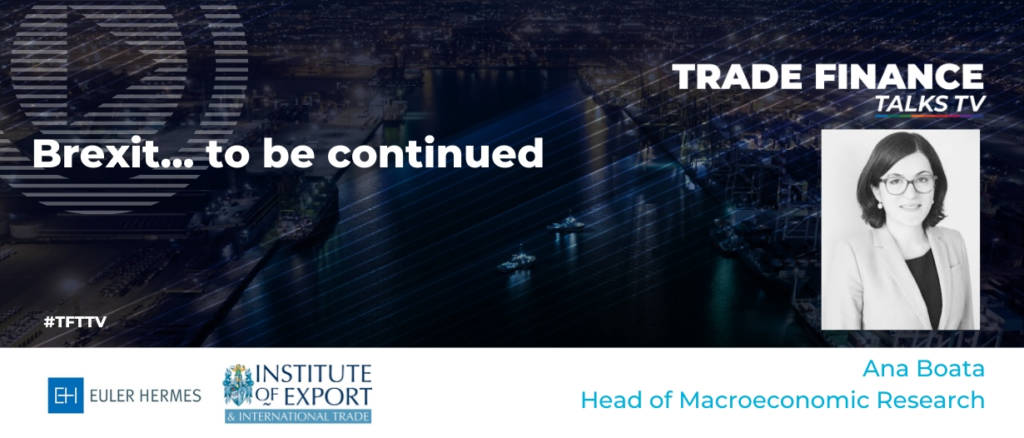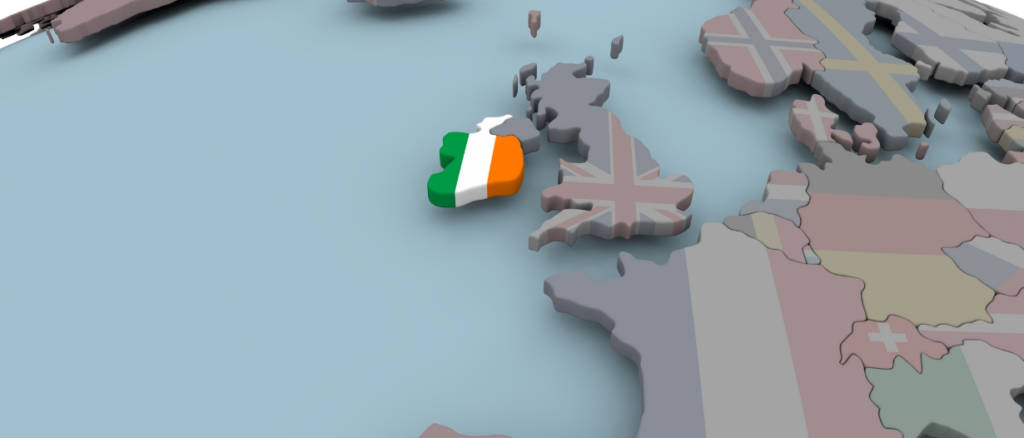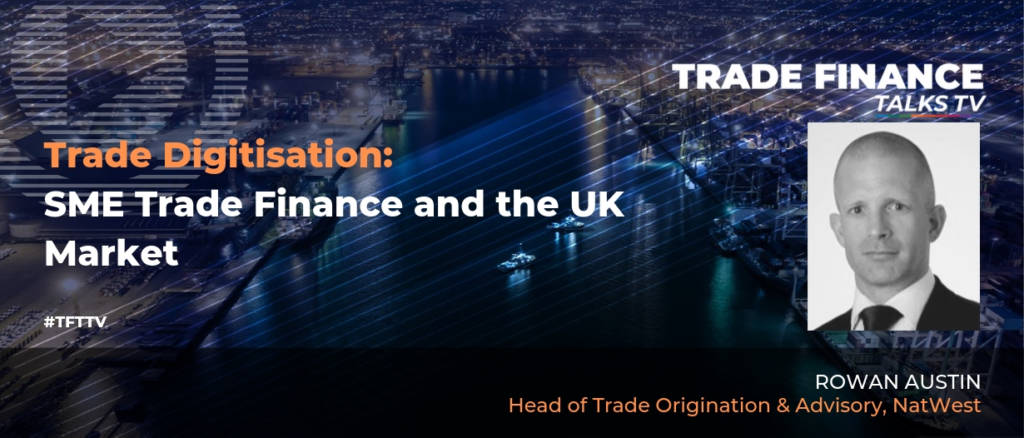Brexit will change the rules of trade for UK businesses trading into Europe, but it forms part of a much larger picture. Trade regulation around the world is constantly changing.… read more →
Events such as Brexit, the US-China trade war, political unrest between China and Hong Kong dominated the headlines in 2019, have all had significant implications on global trade. However, it has not all been bad news – with increased levels of cooperation and technological innovation, the outlook for trade/finance moving into 2020 could be promising.
Trade Finance Global, in partnership with Finastra, sat down with 6 global experts in trade to get a low down of 2019, the key themes and trends, as well as what’s been at the front of mind for practitioners in trade, receivables and supply chain finance.
With two Brexit deadlines in 2020, it’s already looking like an eventful year for sterling. For more details on key events coming up for the pound, euro and dollar in 2020, be sure to download Smart Currency Business’s upcoming Quarterly Forecast, which will be released mid-January.
Trade Finance Global caught up with Head of Macroeconomic Research, Ana Boata at Euler Hermes last month at The Institute of Export & International Trade’s World Trade Summit. A very interesting macroeconomic view on how households, retail and economic growth has changed in 2019 due to trade wars, Brexit and business uncertainty.
While Boris Johnson’s record for winning votes in Parliament is rather poor (one out of seven) he did, at least, get a majority of thirty for getting his deal through, even if it wasn’t within the timeframe he wanted. In the end, he missed his deadline and was forced down an alternative path.
Brexit’s greatest roadblock currently takes the form of a 310-mile border spanning the Irish countryside. How come?
We caught up with the Head of Trade Origination & Advisory at Natwest Bank, to talk about trade in the UK, given the current uncertain geopolitical climate around Brexit. We asked Rowan Austin about the current outlook for UK SMEs, trade barriers and how the bank is approaching trade and transaction banking digitisation through some of its initiatives at Sibos 2019.
The global trading system is in disarray. Global economic growth is slowing, half the G20 are now operating under openly protectionist agendas, and tensions between China and the United States remain high – despite faint promise of a truce earlier this year. But over in the UK, all of this is overshadowed by the continuing dispute over Brexit. The nation is bitterly divided, and we are fast approaching what could constitute a national crisis.
There is, so far as I am aware, little or no precedent for what the UK is attempting to do: seeking to reduce unfettered access to its closest and most important market – which also happens to be one of the world’s two largest. In 2018, 46% of the UK’s exports went to the EU, and 54% of UK imports came from it. Almost all countries in the world try to make trade deals, not dismantle them.
















